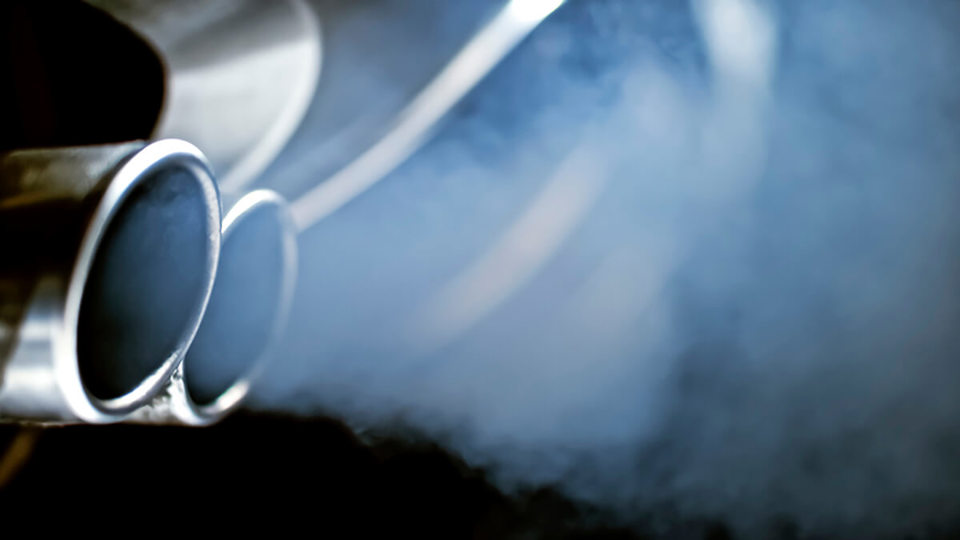Euro6 regulations could act as a catalyst for a rise in demand for petrol engines from fleet operators, according to the fleet director of Peugeot.
Phil Robson has reignited the diesel versus petrol debate after claiming that the greater cost involved in developing Euro6-compliant diesel engines will lead to pricing premiums that will make some cars financially unviable when compared to a petrol alternative.
“Euro6 will be a real defining period,” Robson said. “It may price many smaller diesel cars out of the market. The question is whether manufacturers will swallow the price increase or pass it on. We expect most to pass it on which will result in a switch to petrol.”
The pricing premium could see the financial threshold at which diesel becomes more cost-effective than petrol rise from around 8,000-10,000 miles a year to closer to 15,000. This would cover a far larger slice of the company car market.
The biggest impact is likely to be on smaller cars which are more sensitive to increases in production costs.
The extra cost comes from meeting the lower NOx and particulate thresholds and means that fleets need to start considering which man-ufacturers can offer petrol alternatives by ass-essing petrol-diesel wholelife cost calculations.
According to rental firm Burnt Tree, Euro6 will drive up vehicle prices because manufacturers will want to recoup the cost of investing in advanced emissions-reduction technology by increasing the cost of their vehicles.
Peugeot is introducing a series of new three-cylinder petrol engines to coincide with the launch of the new 2008 compact crossover in July. Robson anticipates that this model could trigger a swing away from diesel for fleets.
He also believes most fleets will happily run a mixed fuel operation, basing buying decisions on wholelife costs to determine whether petrol or diesel is the best option for each type of operating cycle and business use.
“We believe they are open to running petrol as well as diesel, especially for lower mileages,” he said.
Audi also believes that petrol has a more significantly role to play on fleets. Head of fleet James Douglas pointed to the new 1.4 TFSI engine, which emits 109g/km in the A3 Sportback, as a cheaper option for fleets running cars over 10,000-12,000 miles, adding “and possibly as high as 15,000 before diesel is a cheaper option”.
Ford has already been picking up fleet sales with its 1.0-litre Ecoboost engine. This engine accounts for more than a fifth of retail volume in the Focus and Fiesta and the company expects the fleet sector to follow a similar trend, particularly when Euro6 rules hit diesel prices.
Kevin Griffin, director, commercial vehicles Ford of Europe, told Fleet News last year: “Stage 6 diesel will be a challenge for the industry because it will add cost – the investment is significant. At that time, more people may consider petrol.”




















Login to comment
Comments
No comments have been made yet.